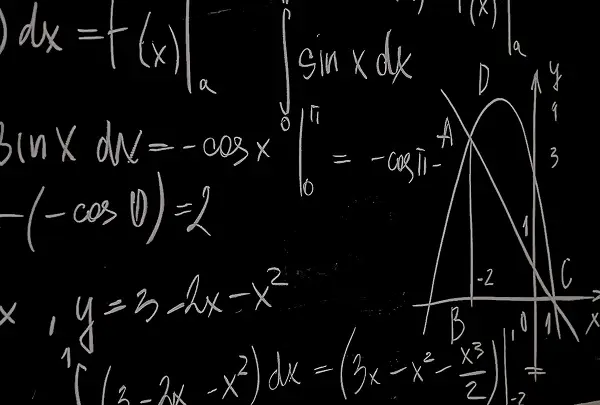Learn some of the new and growing research in cognitive science and learning.
So I was excited to come across the recently published “Evidence for Cognitive Science Principles that Impact Learning in Mathematics.” Julie Booth at Temple lead the study, and it provides a fantastic summation of the latest science of learning research in math.
The key principles that Booth outlines are here:
The paper brings to light some of the new and growing research in particular areas. For instance the paper emphasizes “error reflection” in math, and it argues that that “thinking about errors improves problem representation and conceptual understanding.”
The paper also underscores the value of video feedback, noting that it may be even better than “traditional textual feedback as it was found to slow down the pace of the learner, suggestively allowing more time for the student to internalize the concept.”
If you’re trying to better understand the science of learning in math—or need a solid overview—this is very helpful document.
–Ulrich Boser





1 thought on “New(ish) Study: Cognitive Science Principles For Math”
Comment from Dylan Wiliam via email. He gave me permission to post here:
Booth et al’s invocation of Vygotsky glossed over an important distinction in his work— between learning and development. Vygotsky was actually very close to Piaget in believing that learning occurred in stages. Each new stage was marked by the acquisition of new “psychological processes” that the individual had not previously been able to deploy on their own. So learning takes place within a stage, and development triggers movement from one stage to the next. Probing question might trigger movement from one stage to the next, but only where they are focused on development, rather than learning. It is this stance that led him to state that “the only good learning is that which is in advance of development”. Without a clear understanding of his distinction between learning and development, this statement is impossible to interpret.
If you are interested in getting to the heart of this matter, you should look at:
Chaiklin, S. (2003). The zone of proximal development in Vygotsky’s analysis of learning and instruction. In A. Kozulin, B. Gindis, V. S. Ageyev & S. M. Miller (Eds.), Vygotsky’s educational theory and practice in cultural context (pp. 39-64). Cambridge, UK: Cambridge University Press.